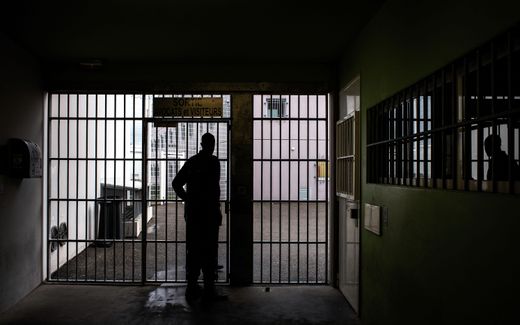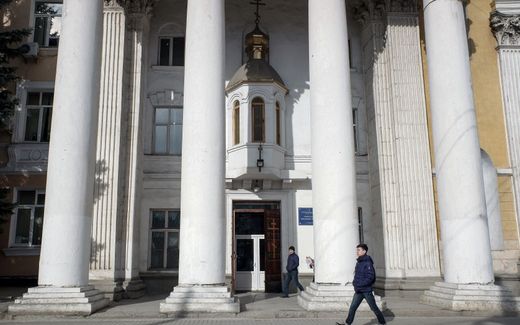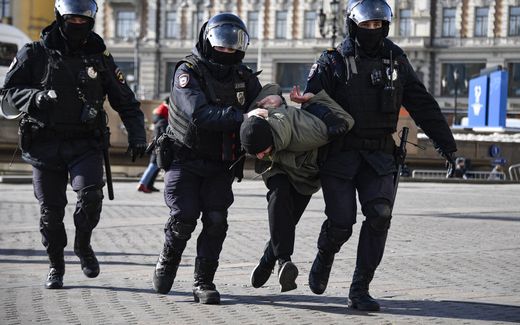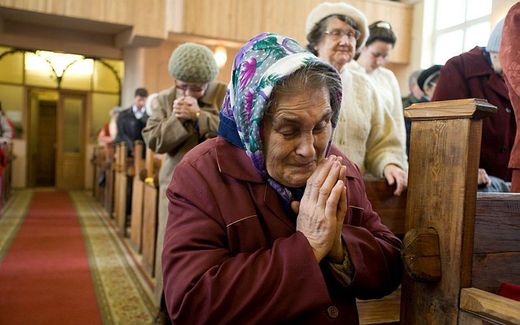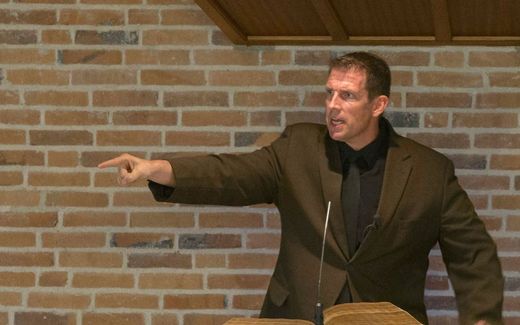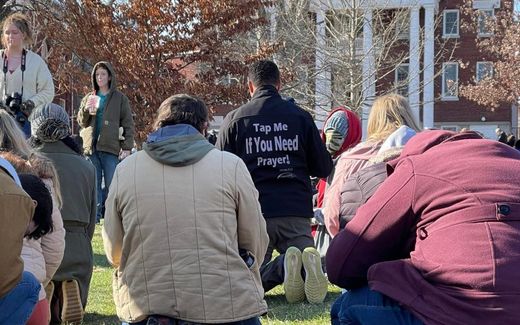Russia fined for violating religious freedom
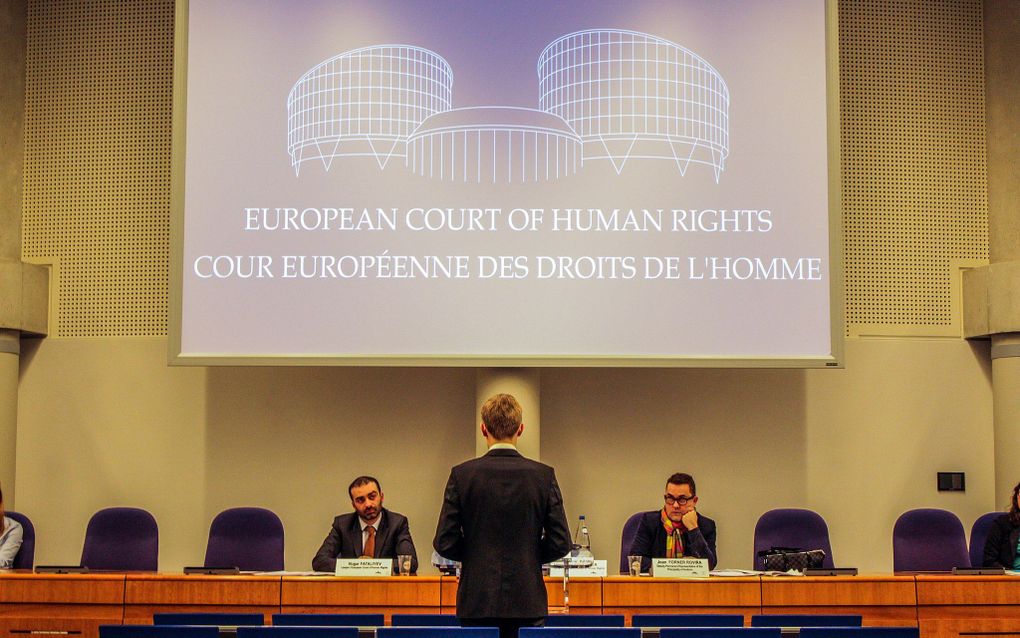
European Court of Human Rights meeting. Photo Wikimedia Commons
Eastern Europe
Russia is fined for violating the right to religious freedom and discriminating against a Christian pastor. According to a European Court, Russian authorities breached human rights.
This is the judgement of the European Court of Human Rights published last week. The case concerns an American Baptist who was fined for holding Bible study meetings in his home without notifying the authorities.
Donald Jay Ossewaarde and his wife are Baptist Christians. Since moving from Michigan to Russia in 2005, they regularly held prayer and Bible study meetings at home. Mr Ossewaarde personally invited people to the meetings. That was no problem until 2016.
Then, the Russian authorities created new legal requirements for missionary work as part of an anti-terrorism package. The new legislation made it an offence to evangelise in private homes and required prior authorisation for missionary work from a religious group or organisation.
It took only a short time until police officers arrived at Mr Ossewaarde’s doorstep. On August 14th, 2016, during a Sunday meeting, three officers escorted Mr Ossewaarde to the local police station. The police drew up an administrative offence report for conducting illegal missionary work as a non-Russian national.
He was then taken directly to court for a short hearing before being convicted of carrying out missionary work without notifying the authorities of establishing a religious group. He was fined 40,000 roubles (approximately 650 euros at the time).
Height
Mr Ossewaarde disagreed with the verdict. He argues that he had not been a member of any religious association but had been exercising his right to spread his religious convictions. According to him, he should, therefore, not be punished.
He also complained about the height of the fine. According to Mr Ossewaarde, he was given a higher penalty than a Russian national normally would have had.
Although Mr Ossewaarde appealed multiple times to the verdict, all his requests were rejected until now. The European Court of Human Rights in Strasbourg decided that Russian authorities had breached two European Convention on Human Rights articles.
Evangelism
According to the Court, the new Russian legislation had left no room for people engaged in individual evangelism, such as Mr Ossewaarde. Furthermore, sanctioning the applicant for his alleged failure to inform the authorities of establishing a religious group had not been “necessary in a democratic society”. Therefore, the Court ruled there had been a violation of Article 9 of the Convention.
Regarding the height of the fine, the Court also went along with Mr Ossewaarde. The minimum fine for a non-Russian was six times higher than for a Russian national. This difference in treatment is unacceptable and, therefore a breach of Article 14, the Court ruled.
After these judgements, the Court ruled that Russia was to pay the applicant compensation of nearly 15,000 euro.
According to the faith-based legal advocacy organisation ADF International, Mr Ossewaarde was encouraged by the verdict. “Nobody should be criminalised for praying or for inviting others to partake in peaceful religious gatherings. The criminalisation of religion leads to tyranny. We pray that the international community will pay attention to the erosion of religious freedom in Russia.”
European Convention of Human Rights
Article 9: Freedom of thought, conscience and religion
-
Everyone has the right to freedom of thought, conscience and religion; this right includes freedom to change his religion or belief and freedom, either alone or in community with others and in public or private, to manifest his religion or belief, in worship, teaching, practice and observance.
-
Freedom to manifest one’s religion or beliefs shall be subject only to such limitations as are prescribed by law and are necessary in a democratic society in the interests of public safety, for the protection of public order, health or morals, or for the protection of the rights and freedoms of others.
Article 14: Prohibition of discrimination
The enjoyment of the rights and freedoms set forth in this Convention shall be secured without discrimination on any ground such as sex, race, colour, language, religion, political or other opinion, national or social origin, association with a national minority, property, birth or other status
Related Articles


